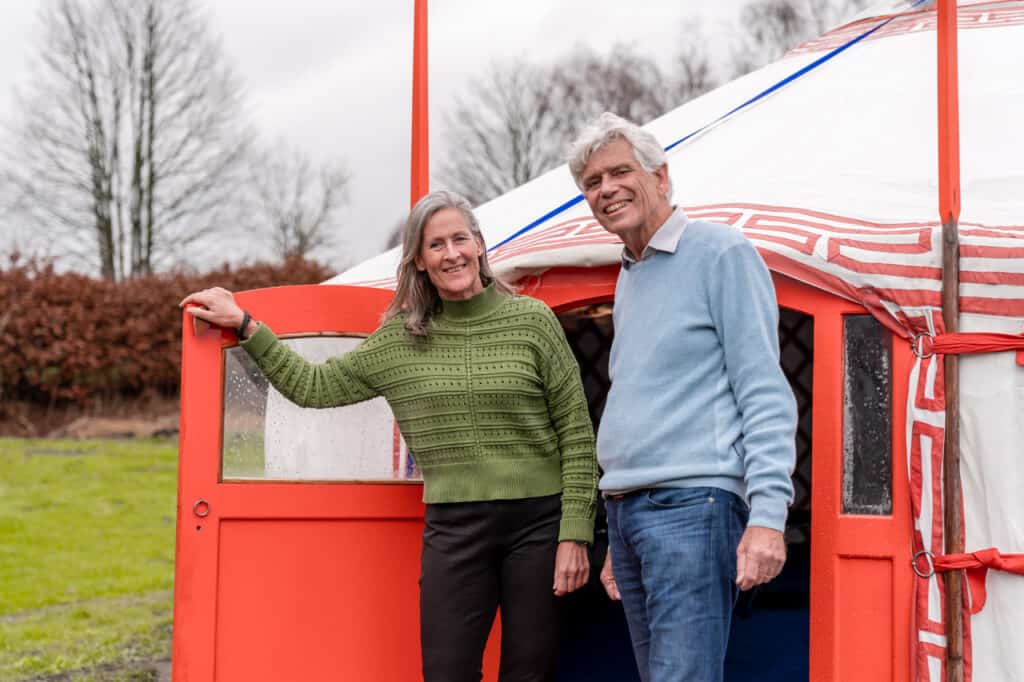By:
This 6-day “Intensive” program is designed to help you master or refine the art of team development and leadership from a systemic perspective.
Whether you are dealing with complex team dynamics, guiding transformation processes, or looking to enhance your personal impact as a leader, this program offers the tools to achieve that.
It is tailored to your professional needs, offering a balance of theory, practical exercises, and personal development to enhance your skills.
No prior experience with systemic work is required, though it is certainly welcome.
Language: English

In this program, you will sharpen your skills in systemic team development, refine your advisory expertise, and enhance your impact as a professional.
The focus lies on understanding and working with systemic principles and dynamics. Every individual possesses a degree of systemic wisdom, as do all teams and organizations. Systemic team development aims to unlock potential through curiosity, meaningful questions, and targeted interventions.
Teams and organizations are complex systems, often influenced and shaped by hidden dynamics below the surface. While visible problems like recurring challenges may point to structural issues, the real insights are often found in the invisible “undercurrent.”
The iceberg metaphor, where only a small portion is visible, applies to systemic team development and leadership. This involves exploring these invisible patterns and dynamics to uncover deeper causes and untapped potential.
By recognizing and acknowledging symptoms in the undercurrent, systemic leaders and developers can untangle blockages, leading to breakthroughs in collaboration, performance, and job satisfaction, transforming obstacles into opportunities for growth.
The program is led by Dees and Jan Jacob. We’ve already introduced ourselves a bit between the lines. If you’d like to know more about us, feel free to read further.
You can also contact us (call or schedule a Zoom meeting) to get an impression of whether this program is a good fit for you.
This program is for developers, leaders (business owners, executives, managers, team leaders), consultants, HR professionals, and others who:
This 6-day intensive program focuses on systemic team development and leadership, based on years of experience with numerous teams and organizations. By the end of the program, you will have a solid framework of theory, tools, and skills to use yourself as an instrument for team development and systemic leadership. Instead of a rigid curriculum, we offer “ingredients,” ensuring alignment with participants’ needs and maximizing learning outcomes.
This is not a training program for facilitating organizational constellations. The focus is on leadership and team development techniques, although visual methods will be used.
Systemic development
Team development essentials
You as an instrument of development and leadership
Integration and application
This program is your opportunity to expand your leadership capacity, refine your consulting techniques, and elevate your impact as a professional working in complex, dynamic team environments.
Dates 2025:
There is ample parking at the venue. Coming by public transport? A bus from Groningen Central Station stops right in front of the door. Please note, take line 5 towards Harkstede (there is another line 5, but it does not pass by our location). Or, take an OV bike from Groningen Central Station. After a 6 km ride, you will arrive at the location. Most participants stay in the center of Groningen. Click here for a list of hotels and Airbnbs in and around the city of Groningen that we highly recommend.
You arrange your own accommodation when MOT is in Groningen, The Netherlands. Most participants stay in the center of Groningen. Click here for a list of hotels and Airbnbs in and around the city of Groningen that we highly recommend.
Do you still have a question after reading all the information that you’d like to discuss with Dees and Jan Jacob? Send an email to info@transitionstudio.global.

€ 2.400,00
Newsletter
"*" indicates required fields
Contact
© Transitionstudio